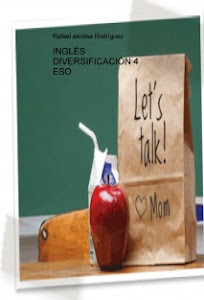
Verbs evolve and homogenize at a rate inversely proportional to their prevalence in the English language, according to a formula developed by Harvard University mathematicians who've invoked evolutionary principles to study our language over the past 1,200 years, from "Beowulf" to "Canterbury Tales" to "Harry Potter."
The researchers tracked the status of 177 irregular verbs in Old English through linguistic changes in Middle English and then modern English. Of these 177 verbs that were irregular 1,200 years ago, 145 stayed irregular in Middle English and just 98 remain irregular today, following the regularization over the centuries of such verbs as help, laugh, reach, walk, and work.
Extant irregular verbs represent the vestiges of long-abandoned rules of conjugation; new verbs entering English, such as "google," are universally regular. Although fewer than 3 percent of modern English verbs are irregular, this number includes the 10 most common verbs: be, have, do, go, say, can, will, see, take, and get.
They expect that some 15 of the 98 modern irregular verbs they studied will regularize in the next 500 years.






























































 We can find:
We can find: 













